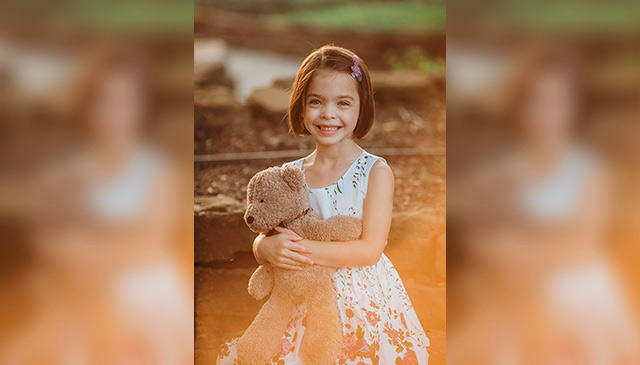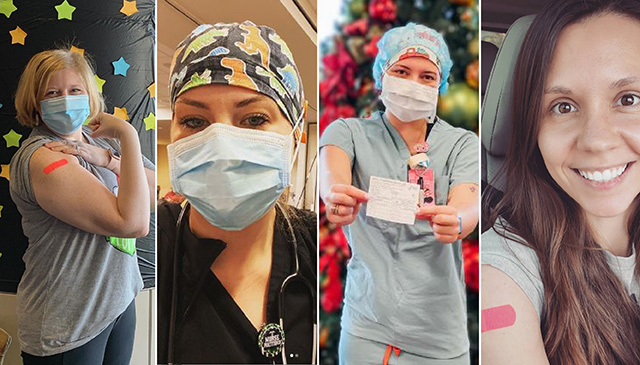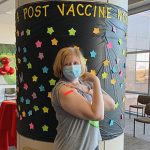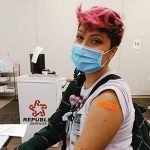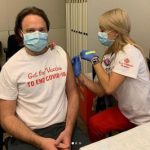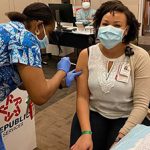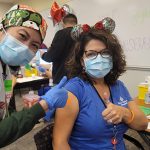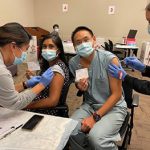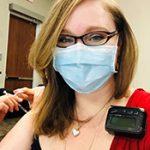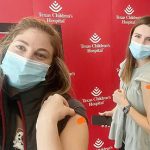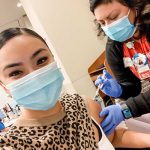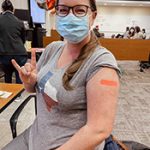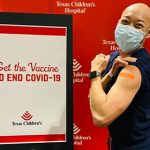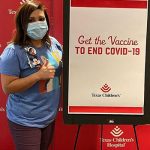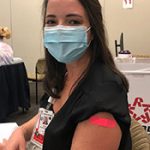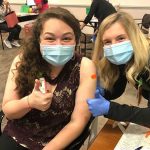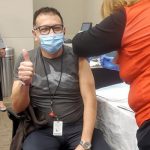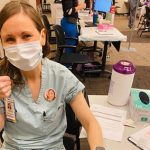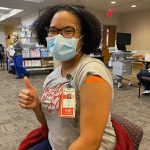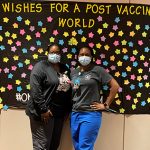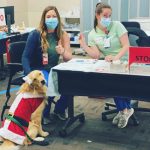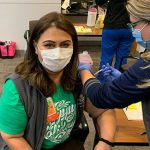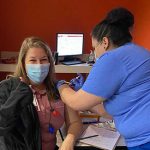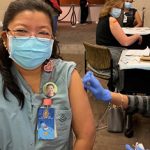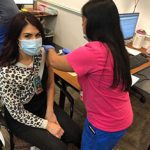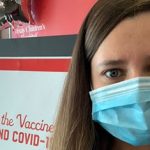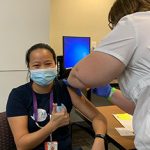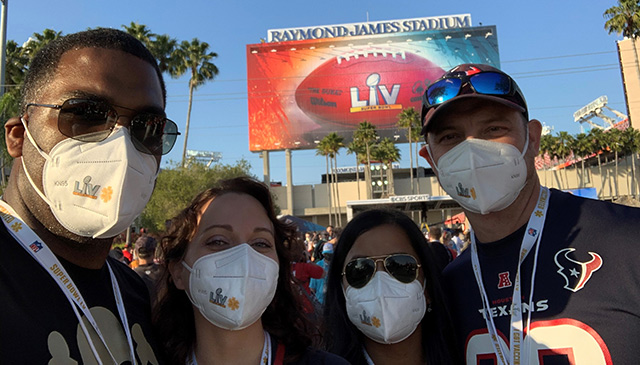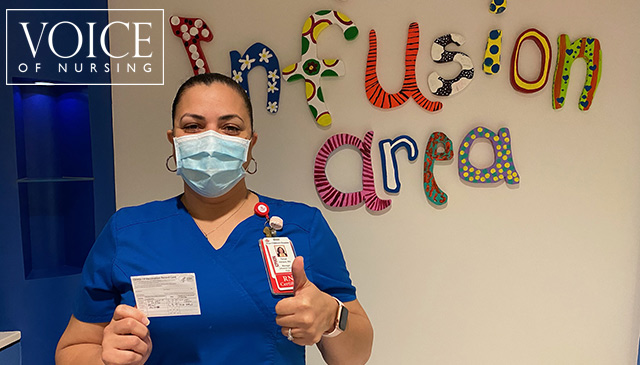
As unrest roiled the nation after the tragic death of George Floyd, faculty in the Baylor Psychology Department felt compelled to respond.
Protestors were filling the streets, outraged that another unarmed Black man had been killed by the police. COVID-19 was ravaging the Black community. Racial disparities in health care and health outcomes stubbornly persisted.
And yet every day, Black team members came to work at Texas Children’s and performed their roles as if they weren’t affected by all that was happening in the world beyond the hospital walls.
“These things can take a toll, and these feelings don’t necessarily go away when you enter the workplace,” said Dr. Ashley Butler, who was among the Psychology faculty who believed that providing a platform for discussions about social injustice and racism could impact change.
Seeking to create a safe space for Black providers and employees in the department to feel supported and understood, they piloted a first-of-its-kind monthly discussion group in June that is still going strong today.
Now known as the Collaborative for African American Racial Equality (CAARE), participants meet virtually each month to discuss current events and the long-standing reality and impacts of racism against Black people. In addition to the Black Lives Matter protests and murder of George Floyd, recent topics have included the insurrection at the U.S. Capitol in January and the availability and acceptance of the COVID-19 vaccine in Black communities.
Ellen Binkley, ambulatory services rep II for the Psychology Service, has been part of CAARE since its inception and credits its influence with helping her to think about her Blackness in a new way.
“I wanted to be part of this groundbreaking endeavor to make a difference, to be part of a community where we can discuss different topics without being judged,” said Binkley, who also enjoys imparting the wisdom of her own experiences on younger colleagues.
“After our meetings, I feel refreshed because I’m able to express my concerns, give my opinions and get positive feedback from the group that helps me in my day-to-day life.”
A space for solidarity
CAARE is also a place for participants to celebrate Black culture and achievements, while checking on and being present for each other.
“In diverse groups, Black people often times find themselves describing or retelling personal historical events that are traumatic without support,” Butler said, noting that CAARE participants don’t have to educate other members about the nuances and lived experiences of being Black.
“We wanted to create an intentional space for connection and prevent the chance that our colleagues would deal with all that is going on in isolation,” she said.
Peer support and the opportunity to build genuine relationships gives many participants the feeling they aren’t talking to strangers, but friends – and though they share similar experiences, they bring a variety of perspectives and viewpoints to the table.
“It’s a good reminder that though we all might be concerned about something, we might be thinking about it differently and it might be affecting us in different ways,” said Dr. Sadiqa Cash, an assistant professor in Psychology Services.
“Even as progress is made, I appreciate that we have this space and this forum to process, and that racial justice and equity are things that Texas Children’s wants to focus on,” Cash said. “We’re all trying to figure this out the best way we can.”
A space to speak freely
As overwhelmed as she was by the violence of George Floyd’s murder, Sr. Project Coordinator Kerrianna Floyd has been just as moved by the outpouring of support and compassion she received from her colleagues through CAARE.
As part of the Racial Equity and Inclusion (REI) group the Psychology Department created last summer as a subset to the Inclusive Excellence Initiative launched in 2019, Floyd wanted to do more to contribute to learning and healing about racial issues. CAARE stood apart as an authentic attempt to give Black faculty and staff a space within the workplace setting to acknowledge their pain, without fear of offense or misunderstanding.
“The Psychology Department created an invaluable resource for its team members by understanding the complexity of our experiences and needs both personally and professionally,” Floyd said. “Knowing that my organization honors my personal experiences, by giving me the opportunity to clear my mind of external concerns, allows me to focus on the work before me and perform proudly.”



